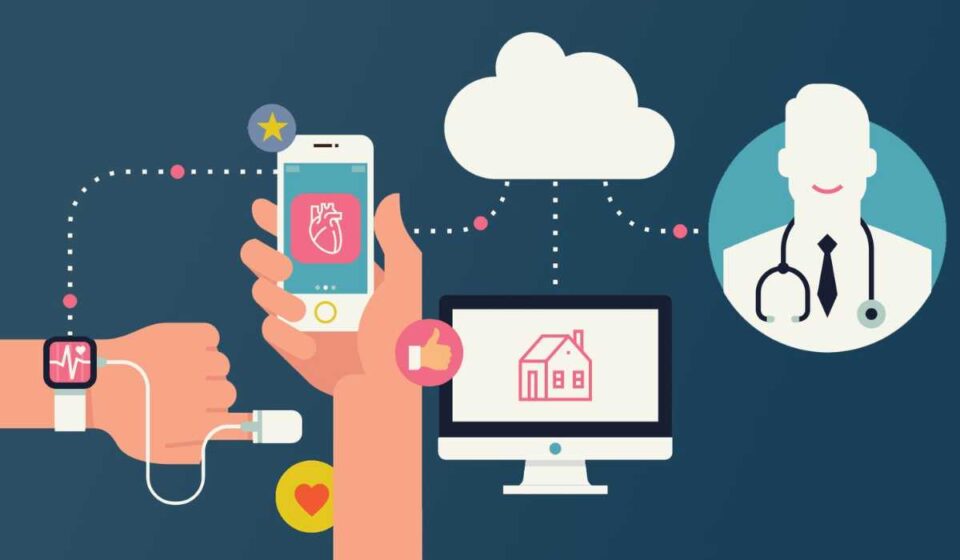Wearable technology has become an integral part of personal health and fitness, offering users the ability to monitor and manage their well-being in real-time. Devices such as smartwatches and fitness trackers are now commonplace, providing features like heart rate monitoring, sleep tracking, and activity measurement. These wearables have not only made health data more accessible to consumers but have also sparked a greater awareness and proactive approach towards maintaining a healthy lifestyle. The convenience and ease of use of these devices have contributed significantly to their growing popularity, encouraging users to set and achieve fitness goals, monitor vital signs, and even detect potential health issues early on.
Recent innovations in wearable technology have expanded their capabilities beyond basic fitness tracking. Advanced features now include electrocardiogram (ECG) monitoring, blood oxygen level measurement, and even the ability to detect irregular heart rhythms, which can be critical for early diagnosis of conditions like atrial fibrillation. Medical-grade wearables are also being developed, providing patients with tools to monitor chronic conditions such as diabetes and hypertension. These devices collect vast amounts of health data, which can be used to create personalized health profiles, predict health issues, and promote preventive care. For example, continuous glucose monitors (CGMs) help diabetics manage their blood sugar levels more effectively, while wearables that track respiratory rates can alert users to potential respiratory illnesses.
The future of wearable technology in healthcare holds even greater promise, particularly in its integration with telemedicine and electronic health records (EHRs). As telehealth becomes more widespread, the ability to remotely monitor patients through wearables can enhance patient care by providing healthcare professionals with real-time data. This integration allows for more accurate and timely interventions, as well as a more holistic view of a patient’s health history. Moreover, the data collected from wearables can contribute to large-scale medical research, offering insights into public health trends and aiding in the development of new treatments and therapies. As wearable technology continues to advance, it is poised to play a pivotal role in the future of personalized and preventive healthcare, making healthcare more accessible, efficient, and tailored to individual needs.


